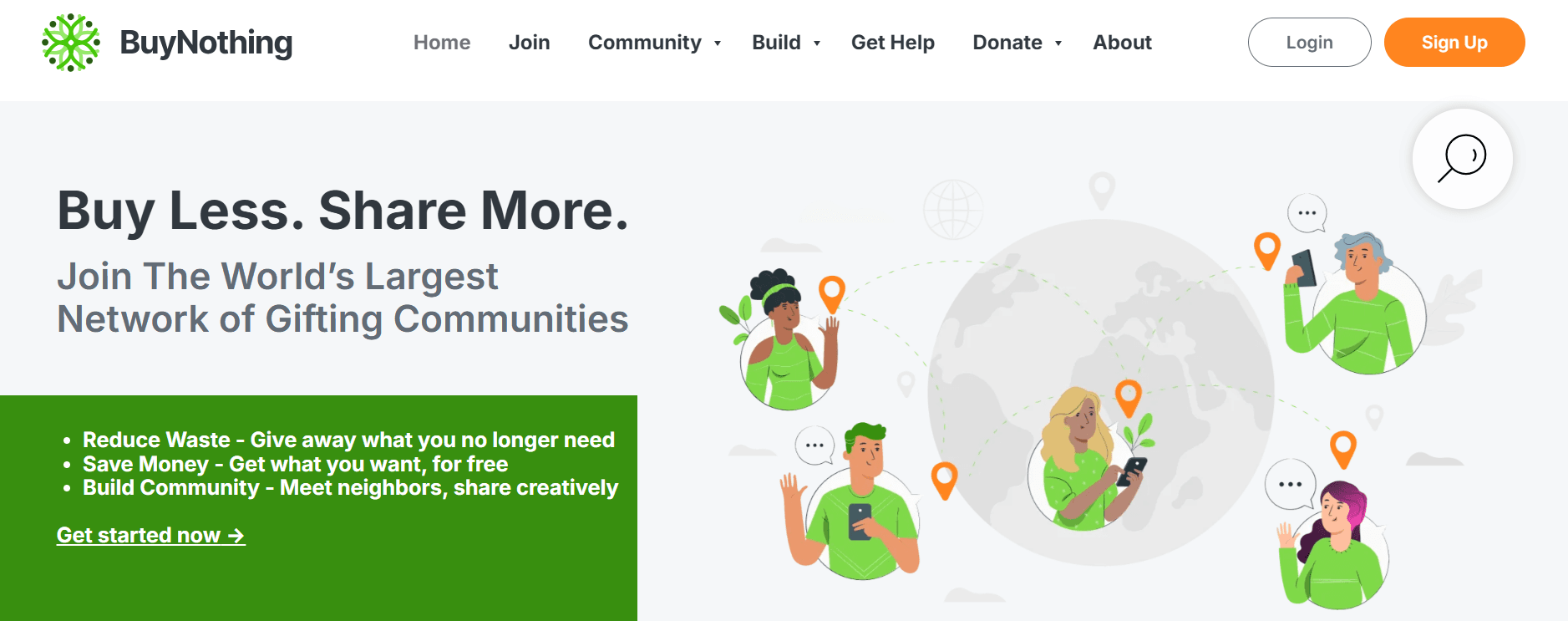BuyNothing - The Hidden Help Corner Every OZ International Student Should Know!

BuyNothing: There's Just Something Special About Sharing
Written by vanessa.annathania@gmail.com (9/10/2025)
Contributor: Vanessa A. Nathania - The University of Western Australia
Have you ever heard of BuyNothing? Chances are, you haven’t.
But have you ever heard a friend who’s also studying in Australia complain about how expensive things are here? About how a student’s wallet longs for home?
Chances are, you have! Maybe even experienced it yourself. :’)
Sounds like it’s time to get to know BuyNothing!
The BuyNothing Project is a global network of gift economies based on local communities, where members share goods and services with each other. You might find a large wooden table, baby clothes, vegetables from a backyard garden, or even help with moving—you name it! All of this happens without buying, selling, or even bartering—that’s the main principle.
This project began in 2013 in Washington, USA, and has since gone global—even reaching Indonesia, though it’s still quite rare there. In Australia, however, BuyNothing can be found in almost every region:
NSW: BuyNothing Innerwest, Northern Beaches, Newcastle, Blue Mountains
VIC: BuyNothing Brunswick, Stonnington, Geelong, Bendigo
QLD: BuyNothing Brisbane South, Gold Coast, Sunshine Coast, Cairns
WA: BuyNothing Fremantle, Joondalup, Busselton
SA: BuyNothing Adelaide Hills, Port Adelaide
TAS: BuyNothing Hobart, Launceston
ACT: BuyNothing Canberra
NT: BuyNothing Darwin
To access the nearest group, you simply join your local area’s group on Facebook. With strong community values, each group ensures that members actually live in that area before they can participate in giving and receiving.
The BuyNothing Project is registered as a Benefit Corporation, which means it is legally bound to carry out its mission in the public interest. Through forums and local volunteer networks, they aim not only to meet people’s needs but also to reduce consumerist behavior and minimize the environmental impact of commercial transactions. The BuyNothing Project’s operations are supported by Angels for Angels, a nonprofit organization under the U.S. 501(c)(3) tax classification, which covers religious, charitable, educational, scientific, and literary purposes—similar to foundations and registered NGOs in Indonesia.